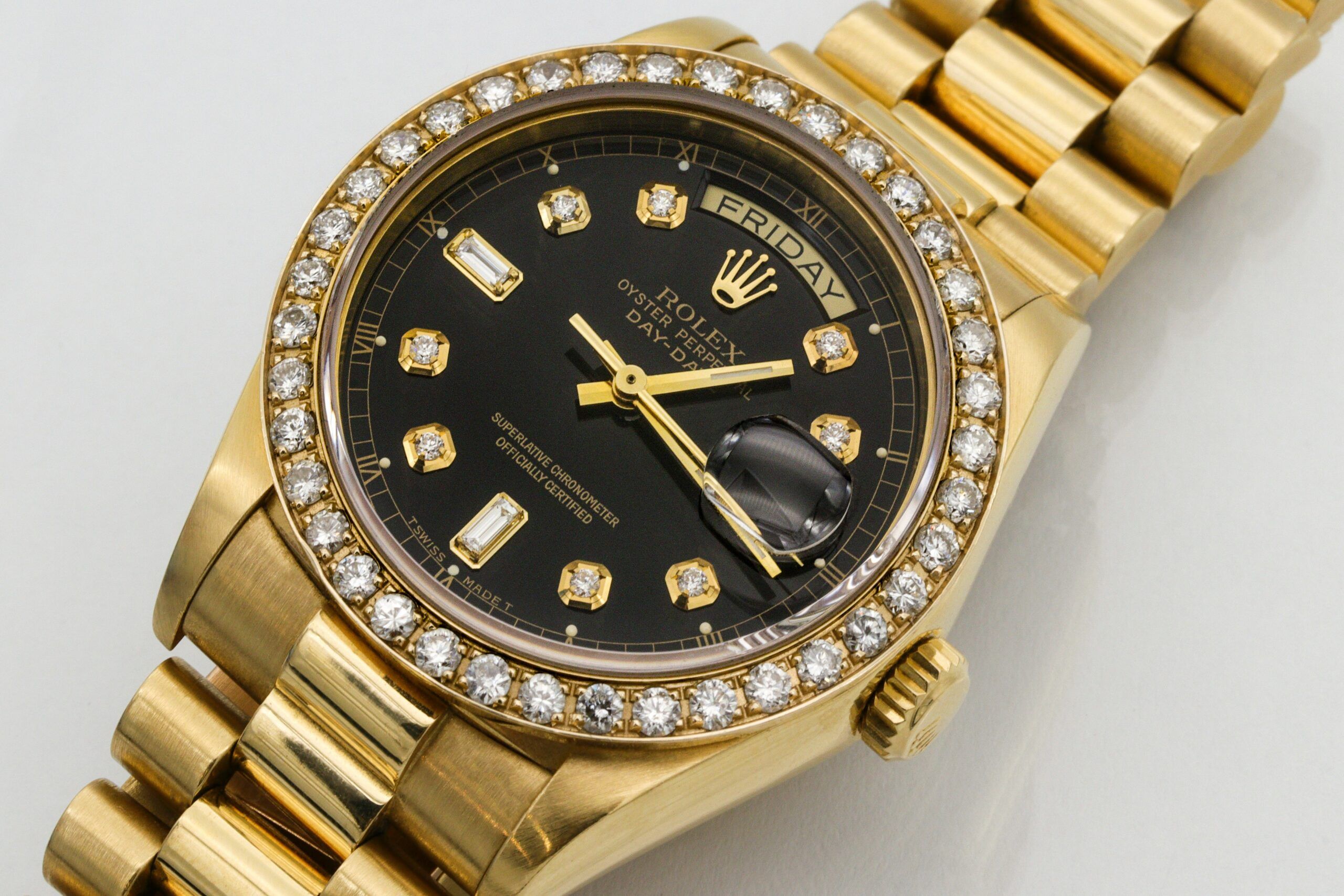
Switzerland Close to Agreeing a Lower Tariff Rate with the United States
The Swiss government is reportedly close to agreeing a reduced tariff rate of 15% with the White House. However, experts caution that no deal will be finalised without the explicit approval of President Donald Trump. Switzerland has been subjected to one of the highest tariffs — 37%, announced by President Donald Trump at the end of July this year and implemented on 7th August. The measure has posed a serious threat to key Swiss exports such as watches, precision machinery, pharmaceuticals, and chocolate, making them significantly more expensive in one of their largest markets compared with products from countries facing lower tariffs.
According to sources close to the negotiations, Swiss Economy Minister Guy Parmelin has maintained regular contact with U.S. trade authorities, including a constructive video conference last Friday with Jamieson Greer, the U.S. Trade Representative. Earlier this week, President Trump stated that he was “working on a deal” to reduce tariffs on Swiss exports to the United States, though he did not specify an exact rate.
Swiss officials have reportedly offered a package of investment proposals and pledges aimed at reducing the U.S. trade deficit. This includes greater market access for American energy firms in Switzerland, increased spending on U.S. defence equipment, and a commitment to expand gold refining capacity within the United States. Analysts suggest these concessions have paved the way for a possible breakthrough on tariffs.
In addition to official negotiations, when talks stalled in September, progress may have been revived by a charm offensive from prominent Swiss business figures — Rolex CEO Jean-Frederic Dufour, Cartier-owner Chairman Johann Rupert, and billionaire Alfred Ganter, co-founder of Partners Group, a key stakeholder in both Universal Genève and Breitling. Their visit to the Oval Office is believed to have improved the diplomatic tone, though it remained the task of Swiss officials to deliver a deal compelling enough to win over President Trump.
Analysts suggest that this potential agreement comes at a critical moment, as early signs indicate that high tariffs have begun to harm the Swiss economy. The Swiss National Bank recently stated that the economic outlook “has deteriorated due to significantly higher tariffs,” with unemployment rising to its highest level in four years. Financial commentators warn that tariffs are weighing on economic growth, with Q3 output (adjusted for sports events) expected to have contracted by 0.2%. Nonetheless, a 15% tariff would represent a highly positive development for Swiss industry, particularly the watch sector, given that the United States accounts for 19% of all Swiss watch exports.
You may also like

Other facilities
IntaCapital Switzerland | Copyright © 2025 | All Rights Reserved